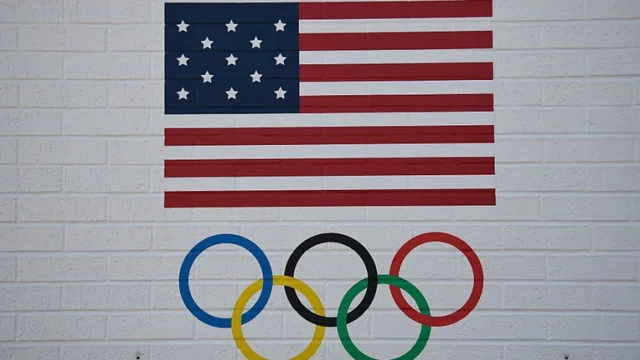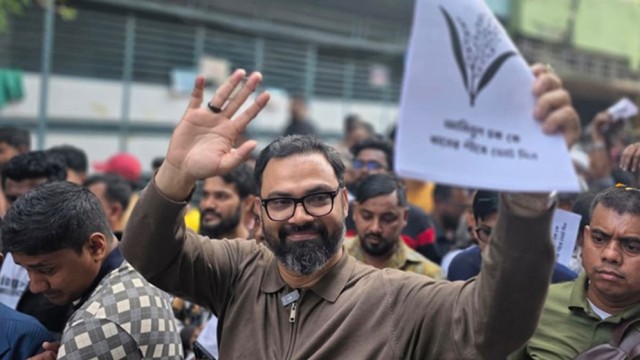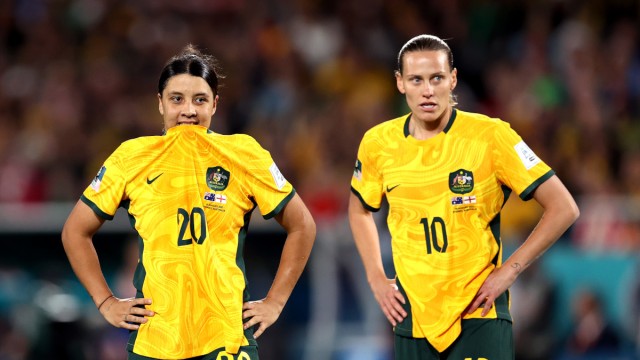Washington, July 23 (V7N) — In a quiet but consequential policy shift, the U.S. Olympic and Paralympic Committee (USOPC) has amended its rules in a way that aligns with President Donald Trump’s executive order barring transgender women and girls from competing in female sports categories.
The change was included discreetly on page five of the USOPC’s updated “Athlete Safety Policy,” where it states that the organization is committed to providing a “fair and safe competition environment” for women athletes. While the paragraph makes no direct mention of transgender athletes, it cites compliance with Executive Order 14201, which Trump signed in February with the explicit aim of restricting transgender participation in women’s and girls’ sports.
“In accordance with Executive Order 14201 and the Ted Stevens Olympic & Amateur Sports Act, the USOPC will collaborate with relevant stakeholders — including the International Olympic Committee (IOC), International Paralympic Committee (IPC), and National Governing Bodies (NGBs) — to ensure fair opportunities for women in sport,” the policy now reads.
The policy adjustment follows what USOPC leadership described as “a series of respectful and constructive conversations with federal officials.” In a letter sent Tuesday to the U.S. Olympic community, USOPC President Gene Sykes and CEO Sarah Hirshland acknowledged the influence of recent federal directives.
“As a federally chartered organization, we have an obligation to comply with federal expectations,” the letter read. “The guidance we’ve received aligns with the Ted Stevens Act, reinforcing our mandated responsibility to promote athlete safety and competitive fairness.”
Although the USOPC has not issued a public statement specifically addressing transgender athletes, the implications of the updated policy are clear. Civil rights groups and LGBTQ+ advocacy organizations have criticized Executive Order 14201 as discriminatory, arguing that it unfairly targets transgender individuals under the guise of protecting women’s sports.
Legal experts note that because the USOPC operates under a congressional charter and receives federal support, its alignment with federal policy is not unexpected. However, critics say the committee’s silence on the real impact of the changes, particularly for transgender athletes, undermines its stated values of inclusion and equality.
The International Olympic Committee, which governs participation rules for global competitions, currently allows transgender women to compete under certain testosterone thresholds and other criteria. The new USOPC policy may raise questions about the participation of transgender athletes in U.S. Olympic trials and other events leading up to the 2028 Los Angeles Games.
Advocates for transgender athletes are urging greater transparency and consultation. “This change, made without open dialogue with affected communities, sends a harmful message to young transgender athletes across the country,” said a spokesperson from Athlete Ally, a nonprofit promoting LGBTQ+ inclusion in sports.
As political battles over transgender rights continue to intensify in the United States, sports remain a central battleground. With this latest development, the USOPC joins a growing list of American institutions adapting their policies to reflect the shifting landscape of federal legislation and executive authority — for better or worse.
END/WD/AJ/































Comment: